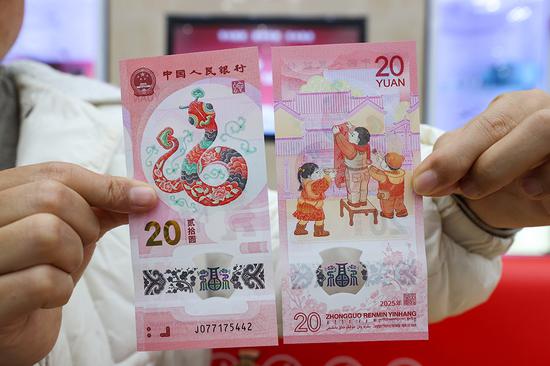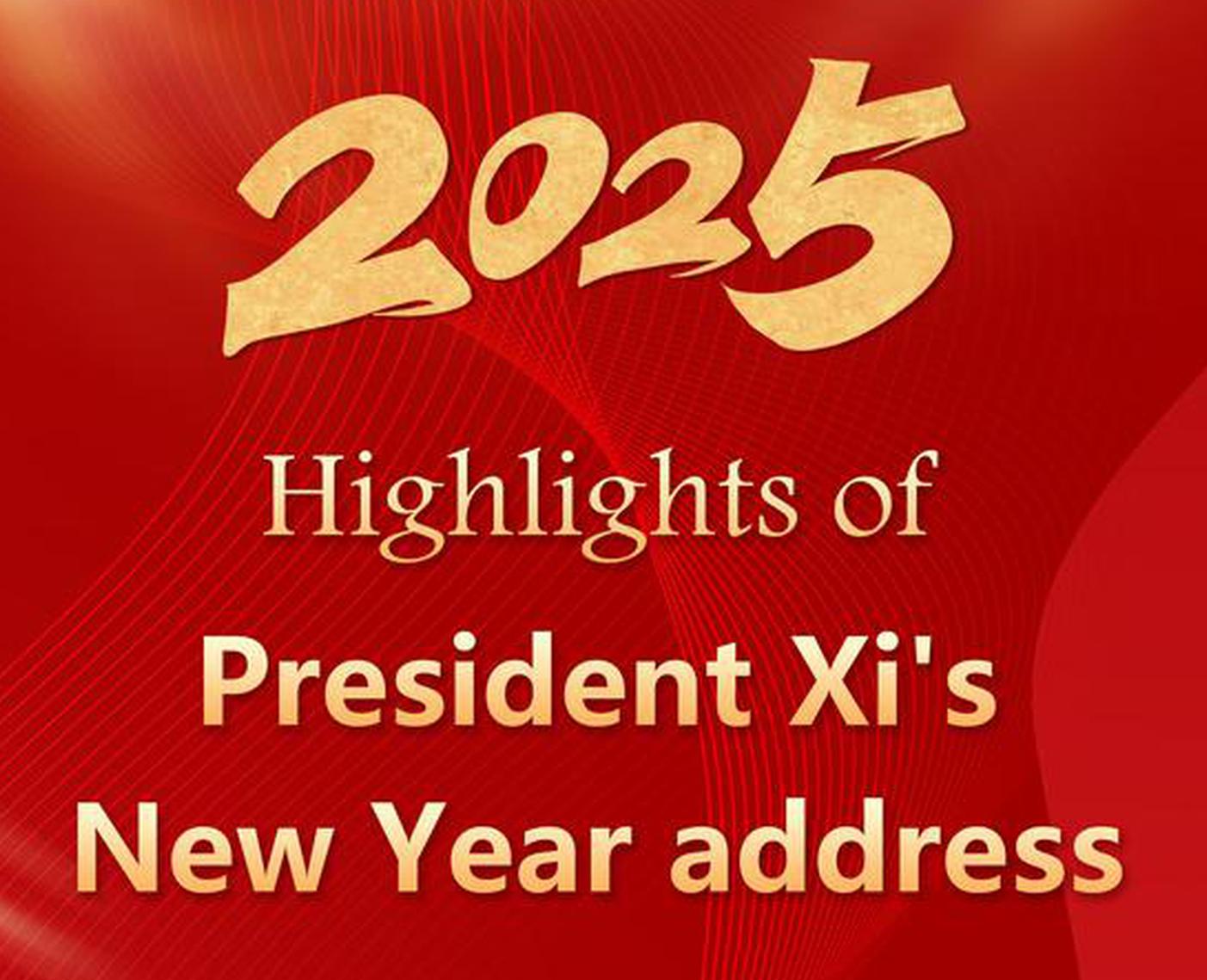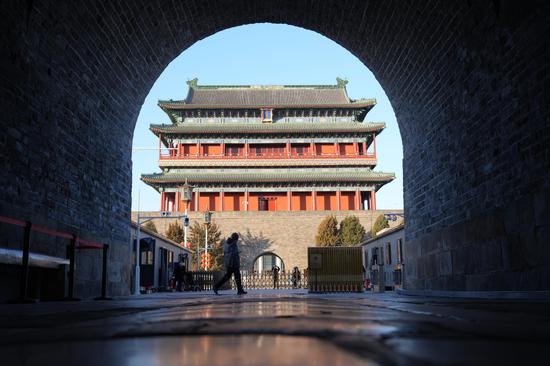
A foreign visitor plays a lusheng(reed pipe) together with villagers of the Miao ethnic group in Congjiang county, Guizhou province, on Dec 20. (CHINA DAILY)
With the New Year holiday having just passed and the Spring Festival holiday approaching, "Traveling in China" has become a popular topic on social media.
The enthusiasm of foreign tourists visiting China is soaring, while Chinese tourists venturing abroad continues to show robust growth.
The surge in inbound and outbound tourism not only injects a strong impetus into economic development but also fosters cultural exchanges, mutual understanding and enriches the positive interactions between China and the world.
According to the National Immigration Administration, 1.8 million inbound and outbound travelers crossed borders during the New Year holiday, marking a 13.7 percent increase from the same period last year.
Among them, the number of foreign visitors reached 185,000, showing a 33.6 percent increase from the previous year.
A recent report by online travel platform Trip.com Group revealed that the outbound search index for the 2025 Spring Festival has surged by 51 percent. A threefold increase was also recorded in travel bookings to China by foreign tourists compared to the same period last year.
The flourishing "two-way travel" trend between Chinese and foreign tourists is driven by favorable policies. Over the past year, China has expanded its visa-free "circle of friends" to 38 countries, and implemented transit visa-free policies for 54 countries. Chinese tourists can also enjoy visa-free policies from countries such as Singapore and Thailand.
Data shows that from January to November 2024, the number of inbound foreign visitors nationwide reached 29.2 million, an 86.2 percent year-on-year increase, with 17.4 million entering visa-free, marking a 123 percent increase.
The topic "Going to China on Friday after work" even trended on South Korean social media, with a large number of Southeast Asian tourists booking flights to China's Northeast to experience its winter wonders.
By the end of 2024, China extended the stay for transit visa-free visitors to 240 hours, added 21 more ports for transit visa-free entry and exit, and expanded the permitted activity areas. Longer stays and broader activity areas not only facilitate foreign tourists in planning their itineraries across provinces and regions to experience the vastness and diversity of China but also promote the sharing of tourism resources, generating economies of scale, enhancing openness and fostering outward economic growth. As more foreign tourists come to China for unique experiences, the trend of "Traveling in China" continues to evolve.
They no longer settle for traditional tourist spots but delve into the streets, immersing themselves in local customs and culture. They visit rural markets, stroll through community markets and participate in morning exercises in neighborhood parks.
Foreign visitors unlock new experiences, portraying a more authentic, comprehensive and vibrant China through their lenses for a broader audience to appreciate.
Xiamen and Longyan in Fujian province recently co-hosted the "Celebrate Chinese New Year in Xiamen and Longyan" event, promoting the 240-hour transit visa-free policy to global tourists.
Cities such as Changsha in Hunan province and Zhangzhou in Fujian will organize the "Taste of Chinese New Year" global influencer series, where international travel influencers will introduce the cultural and tourism highlights of various regions to overseas visitors.


















































 京公网安备 11010202009201号
京公网安备 11010202009201号